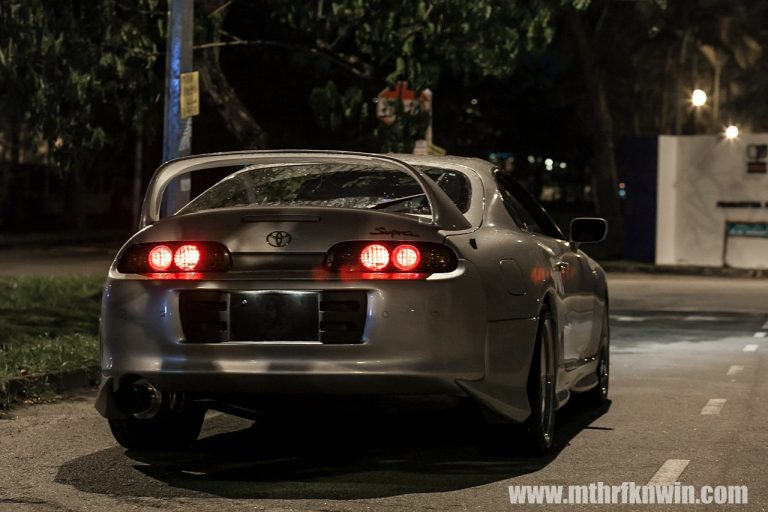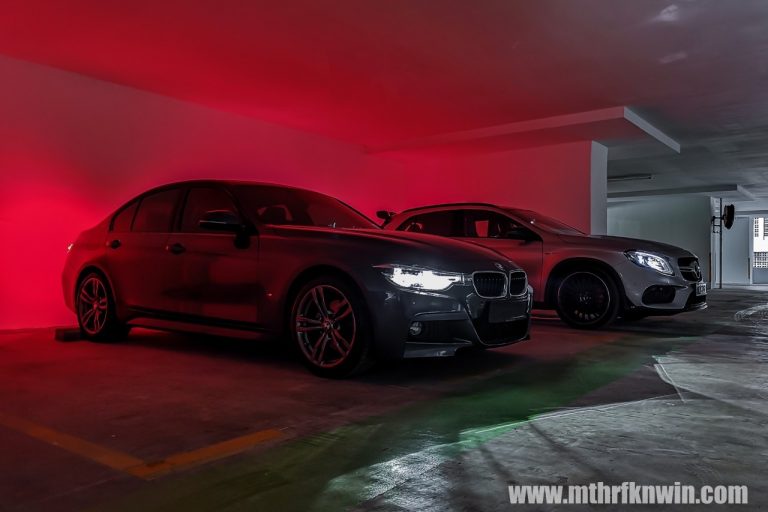This week, we will wrap up the last two articles (here and here) with a quick and conclusive summary. What then, is the difference between a good and bad tune? We’ve covered this several times before, but for those who are interested in a bit more depth, read on.
A rubbish tune (I have specifically not used the word cheap, because I’ve also seen expensive tunes which have turned out to be garbage) is usually easily recognizable. An ECU is full of thousands of values and tables or maps which are 2D or 3D (sometimes even more) which control what the engine does.
A very simple example is an ignition table; usually 2 axes where you would get engine speed (rpm) along the X-axis and manifold pressure along the Y-axis. Within this table, you then plot the ignition timing in degrees crankshaft rotation before top dead center. For example, you set a value of 15, which means 15 degrees before top dead center. This is the value that is then used, right? Well, not quite. You see, with most values in the ECU, it has to go through what is effectively a flow chart before you can get to the final value.

We start with the table and our 15 degrees. But then the engine checks the coolant temperature to determine if the engine is warm. If not, then we correct our 15 degrees by X amount. Let’s say that takes us down to 10 degrees. It may then check another value and adjust the ignition timing again, and so on and so forth. In the end, we may only have a value of 6 degrees, even though we started with 15. This is one way how an ECU keeps the values safe, making constant adjustments to suit the conditions.
Now, a good tune will keep all this in check, so that the safety structure is adjusted for the new values. A bad tune often just sets these values to something just for the sake of it working, or removes some of the structure entirely, meaning your engine is no longer as safe as it was. In other words, allowing the tuner to make large power gains but at the expense of your engine. How often have you heard this story before?
Let’s be real: will tuning damage your engine?
As you have hopefully gathered, ECU tuning is an awesome and very powerful tool. There are thousands of skilled tuners who have massive amounts of knowledge and experience, who can pull off some serious magic from an OEM ECU. However, there are unfortunately many, many more that have little to no idea of what they are doing. The most dangerous tuners are those who have little idea but promise too much yet have the correct tools to put on a professional façade.
Sadly, there is no real method of determining the quality of tune before you make your purchase. Perhaps some assurance can be had by reading up on previous user reviews. Some companies even offer warranties with their tunes and while this is generally good, you still need to be cautious (and always read the fine print!).
By and large, the companies that offer good results and products will survive and grow, whilst those that cause you to blow your engine will hopefully eventually cease to exist. All I can say for sure is that it is of utmost importance for you to do your research and be very careful of whom you choose. When done properly, ECU tuning is really an awesome way to transform your car altogether.





2 Comments
Dear Kyle, can you introduce me some reputable and good tune for Volkswagen EA888 gen3 2.0tsi ?
Just looking for recommendations, i am fully aware that the consequences of tuning my car are on my own responsibility
Very well written and informative series thank you! I read all three in a row I wish you would keep writing on this topic.